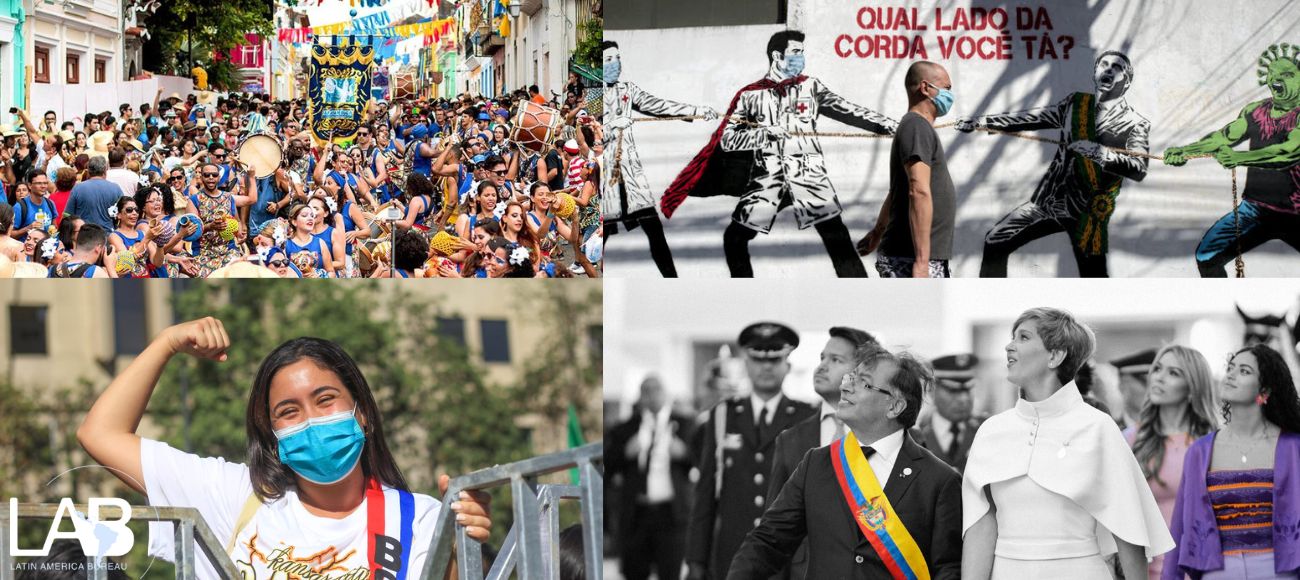
Chile: 40 years since the launch of neo-liberalism
London, September 11 2013. The ‘other’ 9/11 happened 40 years ago today in Santiago and across the length and breadth of Chile. While the death-toll on that day was several times greater than in the Towers of the World Trade Centre, many would say that its impact was far smaller than the attacks of 2001 in the US.
Perhaps, but its impact should not be under-estimated. Naomi Klein argued in The Shock Doctrine that the coup in Chile was a vital component of a much wider programme of revolutionary economic and social change to refashion the capitalist world along neo-liberal lines.
The material consequence of 9/11 was the ‘War on Terrorism’. This now appears to be petering out and the ideologies that underpinned have been partly discredited by events in Afghanistan, Iraq, Egypt and now Syria.
The neo-liberal revolution, however, appears to be still in rude health despite the counter-shock of the banking crisis, the collapse of Lehman Brothers and the dramatic recessions across many of the developed world economies. It has survived and been largely successful in resisting the impulse to regulate effectively, let alone reform the ownership and control of finance capital.
It is interesting that recent protests in Chile by students and others have begun to target neo-liberal policies and values explicitly, demanding that public services, especially education, should be removed from the market and returned to every member of society as a human right. The emphasis is slightly different from that of ‘nationalisation’: it is ‘de-commoditisation’ and an approach to basic services which states that, however these are managed, they must be ‘public’ because they belong to every member of the public as of right.

